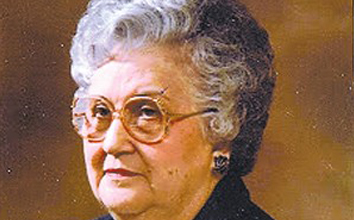480
With the approaching time of the razing of our high school building, and also looking forward to our Class of 1939 reunion, I find myself going over the years, the schools, the teachers, and all the friends. Do you remember first grade? Sometimes I f




